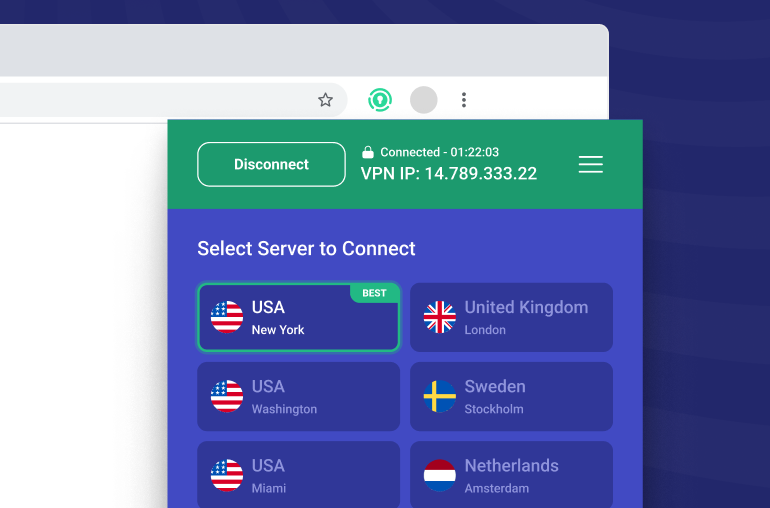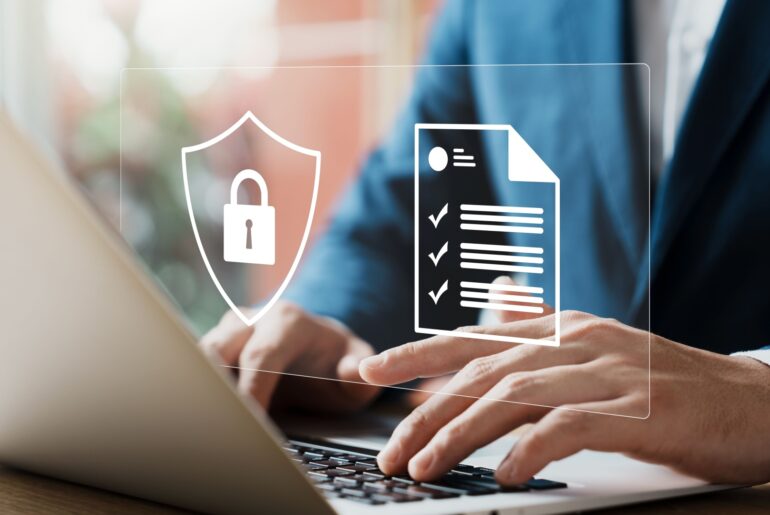It’s 2024, and cybercriminals are consistently looking for new, innovative ways to steal your data. These threat actors are lurking around every corner of the internet, from social media websites to news pages and everything in between. When it comes to protecting yourself and your private information, strengthening your online privacy is the first step.
What is Online Security?
Your devices contain a variety of personal information, all of which should remain confidential. Online security is the practice of protecting that data and ensuring it stays safe.
However, online security involves much more than putting a passcode on your mobile device. Protecting your social media and website credentials is also an important aspect of ensuring that your personal information is not compromised. Ultimately, online security is an involved process, one that impacts you in many different ways that you may not be aware of – consider your banking information or your PayPal login, and how they may be at risk of exposure if you use an unprotected device.
Ultimately, securing your data is the best way to make yourself resistant to potential attacks like phishing scams or malware. In this article, we’ll discuss some of the best ways for you to boost your online security.
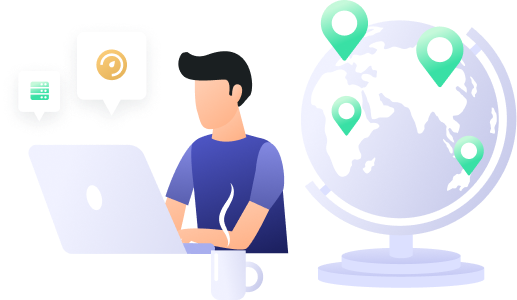
Tools for Enhanced Security
One of the most effective ways to ensure your ongoing security is to utilize a VPN. VPNs, or Virtual Private Networks, mask your IP address and prevent invasive third parties from spying or intercepting your information as it passes across the web.
VPNs have many different ways that they can help protect and secure your personal information online. One of the most well-known aspects of a VPN is encryption, which is the process of scrambling data so that it appears jumbled when intercepted by third parties. This makes it more challenging for hackers to obtain private information. This is just one of the myriad aspects of VPNs that give you added protection against possible online security breaches.
Another great way to enhance your security is to utilize antivirus software. This type of software scans your device for risks that may infect it, like malware. Malware, short for ‘malicious software,’ is typically embedded in your computer through false emails and websites. Downloading files from untrustworthy sources is a common way that malware makes its way onto an unprotected device. Antivirus software regularly checks your computer to see if any threats may impact your device’s security.
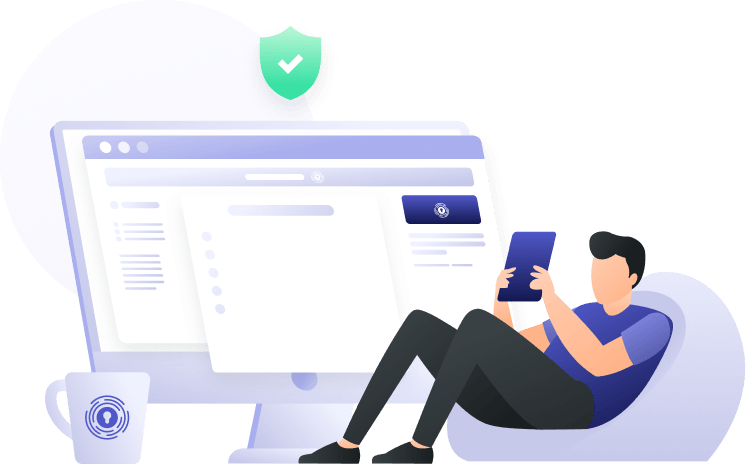
Strengthening Your Online Privacy in 2024
There are also other ways you can strengthen your online privacy, including:
- 2FA: Two-factor authentication, which requires you to verify your email address or phone number before using it to access a website. This prevents potential hackers from easily infiltrating your private accounts by requiring an extra step of validation.
- More Complex Passwords: Hackers have systematic ways of deciphering your password, which is why it’s more important than ever before to ensure that any password you use is both complex and unique. A complex password involves lowercase and uppercase letters, numbers, and special symbols like exclamation marks or question marks. A unique password is not used on any other site – this means that, if one of your passwords is compromised, a hacker will not be able to use your credentials to log on to another site or app because each combination of username and password is strictly for that dedicated login.
- Frequent Software Updates: While many people tend to ignore pesky update pop-ups, they are an important part of keeping your online security intact. These updates often contain patches that ensure the integrity of your software and should be maintained regularly to ensure that your device, and online information, remain secure.
- Privacy Settings: One surefire way to protect your security is to enhance your privacy settings. Adding a passcode to your device is the first step, but there are additional ways to secure your data. Making your online profiles private is another great way to ensure that your personal information remains confidential.
- Parental Controls: If you share a device with everyone in your home, parental controls are a powerful tool that lets you manage and filter out certain data, websites, and apps your children, or other family members, can access. By restricting certain content from being accessible on your device, you protect it from common risks like phishing attacks.
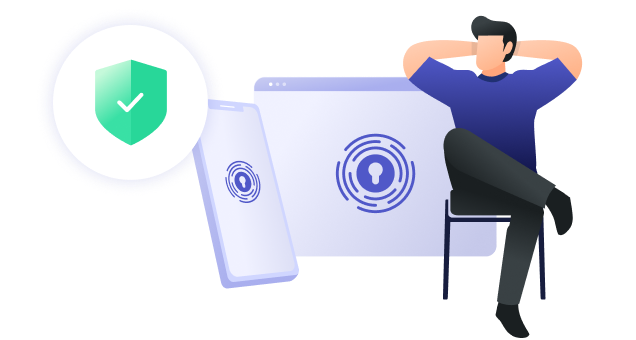
Enhance Your Online Privacy with PrivadoVPN
Securing your online presence requires a lot of work, but it’s a worthwhile investment to keep yourself safe on the internet. If you’re looking for a way to ensure that your information remains protected, you need PrivadoVPN.
PrivadoVPN delivers unparalleled security on all of your devices, even your smart TV. With built-in adblocking and protection against threats like malware, PrivadoVPN makes it easy to give yourself top-quality protection whether you’re at home or on the go.
Start securing your online privacy with PrivadoVPN today.
Download PrivadoVPN
Protect your privacy with a world-class VPN. Sign up for premium access to PrivadoVPN and get unlimited monthly data, access to 300+ servers from around the world, and up to 10 simultaneous connections. Get a top-rated VPN that can secure your privacy at home, at work, or on the go.
Sign up for PrivadoVPN today!


